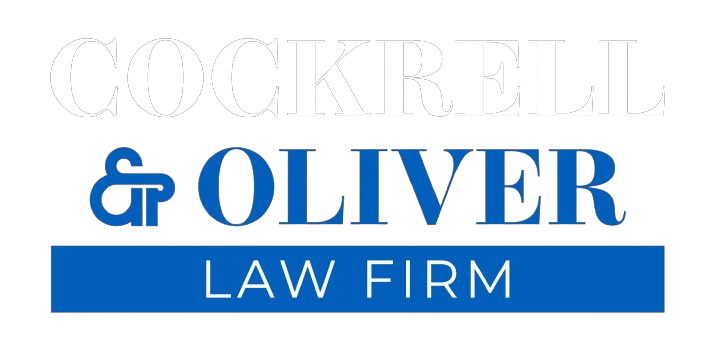Wellspring
2500 Castle Dr,
Manhattan, NY
+1 234 567
8910
hello@yourbusiness.com
What Are People Required To Do In Hit And Run Accidents?
No one wants to be involved in a car accident. It’s a bad situation. Nevertheless, they happen. It’s why we’re all required by Texas law to be covered by a policy of insurance. So, in most cases, if you are involved in an accident—and the accident was your fault—the worst that can happen will be limited to whether your insurance company decides to cancel or increase your insurance rate. But, leaving the scene or running from it will turn a bad situation into a criminal one.
The duties imposed on those involved in car accidents differ depending on what happened as a result of the accident.
The first thing the law requires you to do is to check on the other driver.
If the other driver is clearly injured or seems like they might be injured the law insists that you “render aid.”
That doesn’t mean you have to pull them out of the car and immediately begin chest compressions. In fact, that’s a bad idea and probably the worst thing you could do.
The easiest and smartest thing to do is to simply call 911. If you don’t have a phone use common sense (e.g. flag down another driver and ask for help, find the nearest home or business and ask if they can call 911, etc.). If you don’t remain on-scene to render aid you may be charged with a crime.
In the parlance of criminal law this offense is referred to by its acronym, FSRA. It stands for Failure to Stop and Render Aid. The consequences in criminal court for someone convicted of this offense can be severe.
If you fail to render aid and the other driver involved in the accident dies from his or her injuries you can be charged with a second degree felony—two to twenty (2-20) years in prison. If the other driver suffers “serious bodily injury” you can be charged with a third degree felony—two to ten (2-10) years in prison. And, “serious bodily injury” doesn’t mean what you likely think it means. A broken clavicle that will heal within 6-8 weeks might be sufficiently “serious” to warrant law enforcement filing this kind of charge. Even injuries amounting to “bumps and bruises” can result in confinement for up to five years in prison if a driver involved in the accident fails to remain on scene to render aid.
If no one was injured as a result of the accident the law only requires you to provide the other driver with the information they will need to file an insurance claim.
You must provide your name and address (or just show them your Texas Driver’s License and give them the opportunity to write down the information), the registration number of the vehicle, and the name of your insurance provider.
The post What Are People Required To Do In Hit And Run Accidents? appeared first on Rick Oliver Law Firm.



